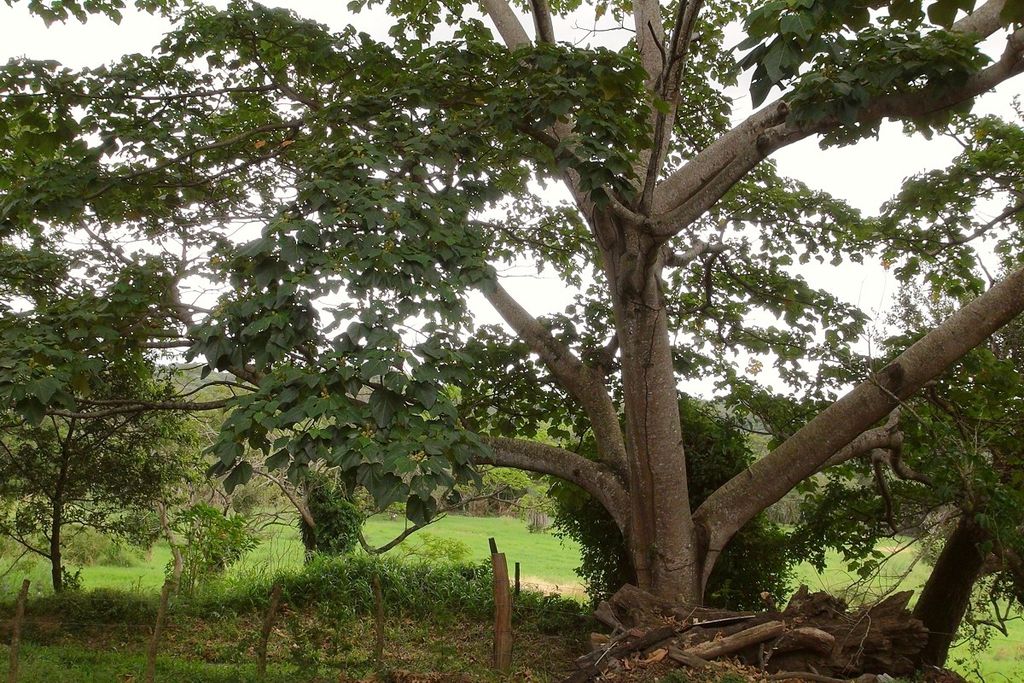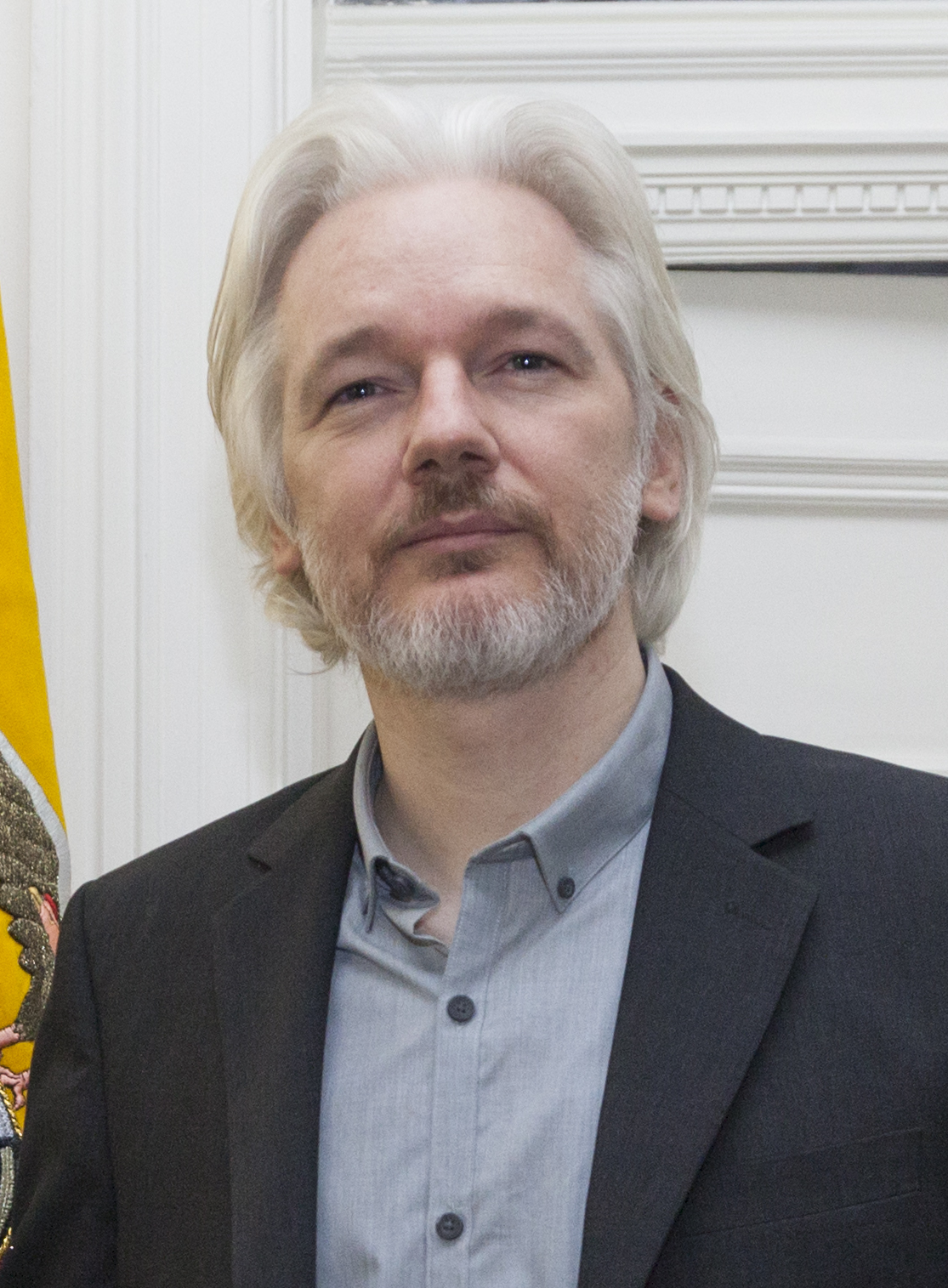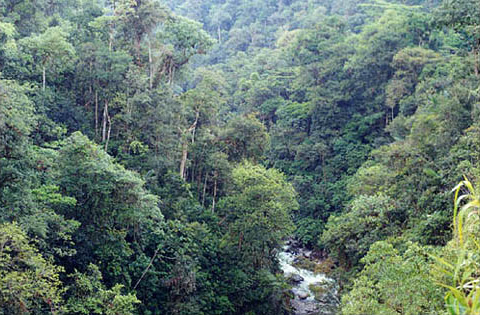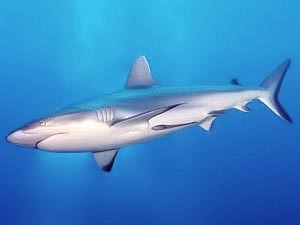"Oceans" is the fourth part of the five-part documentary "A Perfect Planet" from the BBC. Or rather ocean, since strictly speaking there really is just one large sea on planet Earth. As usual, we get to see spectacular footage of more or less bizarre creatures. There is the flightless cormorant on the Galapagos Islands (it´s an excellent swimmer and diver) and the sea iguanas, large lizards which seek their food in the oceans...but die of cold unless they swim back to shore within 30 minutes. When really hungry, they simply attack the nests of the cormorants, eating the algae the nest are made of!
Meanwhile, somewhere else in the Pacific, surgeon fish gather to release their eggs and sperm into the water to be carried away by the streams from any threatening predators...except the giant manta rays, which gather at the same place at exactly the same time, gobbling up substantial amounts of the nutritious mix! Another pelagic glutton is Bryde´s whale, which we see in action somewhere off the Thai coast. "A Perfect Planet: Oceans" also features sharks, sting rays, bony fish of all kinds, and a very bizarre octopus (or is it a squid?).
The episode ends with another look at how "A Perfect Planet" was made, concentrating on the first part of the series, "Volcano". The team, led by Richard Wollocombe, descend into the crater of the dormant volcano at Fernandina, one of the Galapagos Islands. More people have been in space than down this particular crater, and I can´t say I blame Buzz Aldrin for choosing the former option! The place looks like a cross between Mordor and Dante´s Inferno, with huge rocks constantly falling down the steep slopes. At the bottom of the crater is a mysterious blue-green lake. But why on earth does anyone want to film *there*, and did they ever get an insurance, and if so, how much did it cost? If you´ve seen "Volcano", you know the answer: female land iguanas regularly descend into the crater, despite all the dangers, to lay their eggs in the warm ash at the bottom. How on earth evolution took *this* course is never explained, and perhaps we don´t even want to know...
The next and last episode of this stunning series is, perhaps ominously, entitled "Humans". Let me guess. We get to see a lot of house crows, house sparrows and cockroaches? A perfect planet indeed! :D




_-Isabela.jpg)


.jpg)



